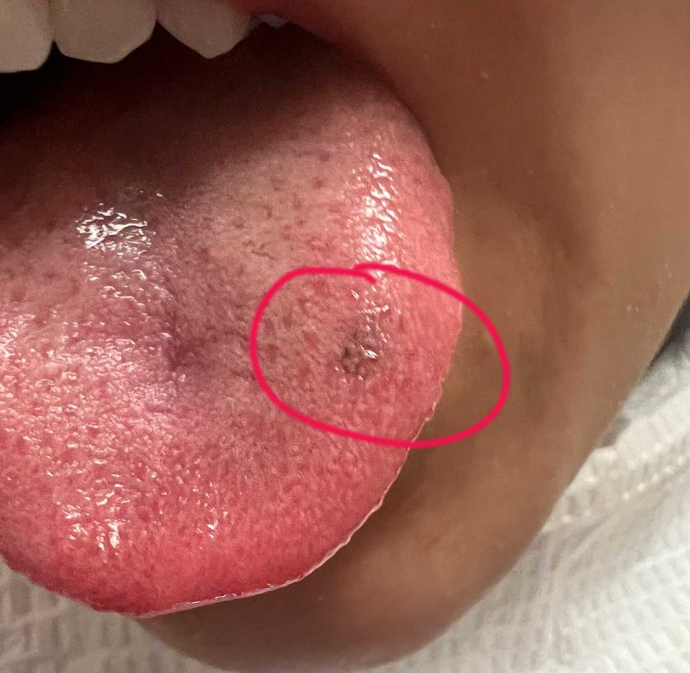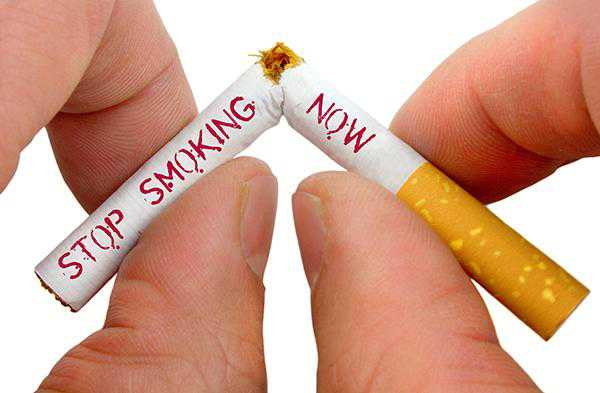Discovering a black spot on your tongue can be an unsettling experience. Our tongues are usually pink and relatively uniform in color, so any dark or unusual spot can catch us off guard and lead to concerns. While not all black spots are serious, understanding the potential causes, when to seek medical advice, and how to address the issue can help put your mind at ease. In this article, we’ll explore the common reasons for black spots on the tongue and guide you on what steps to take if you notice one.

What Causes Black Spots on the Tongue?
There are several reasons why a black spot might appear on your tongue. While some are harmless, others may require attention from a healthcare provider. Here are some of the most common causes:
1. Hyperpigmentation
Hyperpigmentation occurs when there is an overproduction of melanin, the pigment responsible for skin and hair color. Dark spots on the tongue can result from genetic factors or conditions like oral melanotic macules, which are typically harmless. If you have a family history of dark spots or moles, this may just be a natural characteristic of your pigmentation.
2. Tongue Trauma or Injury
Accidentally biting your tongue, consuming overly hot foods, or encountering sharp objects can cause bruising. Just as a bruise on your skin can appear dark, trauma on your tongue can sometimes leave a black or dark-colored spot. This typically resolves as the injury heals.
3. Lingua Villosa Nigra (Black Hairy Tongue)
Black hairy tongue is a condition that occurs when the tiny papillae (bumps) on the tongue become elongated and trap bacteria, food particles, or tobacco stains. This condition can make your tongue appear black and furry, but it’s usually harmless and can be remedied with good oral hygiene.
4. Oral Melanoacanthoma
This rare and benign condition can appear as a rapidly growing dark spot on the tongue. It is more common in individuals of African descent and usually resolves on its own after a biopsy confirms it’s non-cancerous.
5. Medications and Medical Treatments
Some medications, including certain antibiotics, blood pressure drugs, and chemotherapy treatments, can lead to changes in tongue pigmentation. Known as drug-induced pigmentation, this condition can sometimes manifest as black or dark spots on the tongue. Consult your healthcare provider if you suspect a medication may be responsible.
6. Smoking and Tobacco Use
Tobacco products can stain the tongue, particularly in individuals who chew tobacco or smoke regularly. The chemicals in tobacco can cause dark spots or even a general discoloration across the tongue’s surface.
7. Fungal Infections
Fungal infections, such as oral thrush caused by Candida, can occasionally result in dark patches on the tongue. This is more common in individuals with weakened immune systems and can be treated with antifungal medications.
8. Oral Cancer
Though rare, a black spot on the tongue can be an early sign of oral cancer. If the spot has irregular edges, changes in size, or is accompanied by symptoms like pain, difficulty swallowing, or persistent soreness, you should consult a healthcare professional.
When to See a Doctor About a Black Spot on Your Tongue

While many black spots are benign, some characteristics suggest it’s time to seek medical advice. Here’s when you should consider consulting a healthcare provider:
- Persistent Changes: If the black spot doesn’t disappear after a couple of weeks or if it starts getting larger.
- Irregular Borders or Colors: If the spot has an uneven shape, color, or is asymmetrical, it could indicate a more serious condition.
- Accompanied Symptoms: Watch for additional symptoms like pain, bleeding, swelling, numbness, burning sensations, or difficulty swallowing.
- Rapid Growth: Any fast-growing spot should be examined promptly to rule out serious issues.
- Multiple Spots: If several spots or lesions appear in different areas of your mouth, it’s wise to have them evaluated.
How Healthcare Providers Diagnose Black Spots on the Tongue

If you seek medical advice, your healthcare provider will likely begin with a comprehensive examination of your mouth and a review of your medical history. Here are some diagnostic steps they may take:
- Biopsy: A small tissue sample may be taken from the black spot for closer examination under a microscope to rule out conditions like oral cancer.
- Blood Tests: These can help identify potential underlying conditions, such as vitamin deficiencies or hormonal imbalances, that may influence pigmentation.
- Cultures or Swabs: If an infection is suspected, a swab of the area may be taken to test for bacteria or fungi.
What You Can Do at Home for Black Spots on the Tongue
If you’re waiting for a medical evaluation or if the black spot appears to be minor, there are steps you can take at home to support your oral health and potentially improve the condition:
Maintain Good Oral Hygiene
Brush your teeth twice daily and clean your tongue with a tongue scraper or toothbrush. Good oral hygiene helps remove debris, bacteria, and staining substances, promoting a cleaner and healthier tongue.
Quit Smoking and Avoid Tobacco Products
Tobacco is a major contributor to tongue discoloration and other oral health issues. Quitting can prevent further damage and improve your overall oral and general health.

Stay Hydrated
Drinking plenty of water flushes out toxins and keeps your mouth moist, reducing the risk of infections and helping maintain a healthier oral environment.
Monitor Your Diet
Certain foods and beverages, particularly those that are dark or acidic, like coffee, tea, and soda, can stain your tongue. Limiting these can help prevent further discoloration.
Avoid Irritants
If the black spot resulted from trauma, be gentle with your tongue. Avoid hard, crunchy, or sharp foods until it heals completely.
Regular Dental Checkups
Scheduling regular visits with your dentist can help catch any potential issues early and keep your oral hygiene on track.
Conclusion: Taking Care of Your Oral Health
While discovering a black spot on your tongue can be unsettling, it’s often due to benign conditions that are easily treatable or reversible. However, it’s essential to stay vigilant and monitor any changes. If you notice that the spot persists, grows, or is accompanied by other symptoms, consult a healthcare professional for a thorough evaluation. Proactive steps like good oral hygiene, a balanced diet, and regular dental checkups can also go a long way in maintaining your oral health and preventing future issues.


